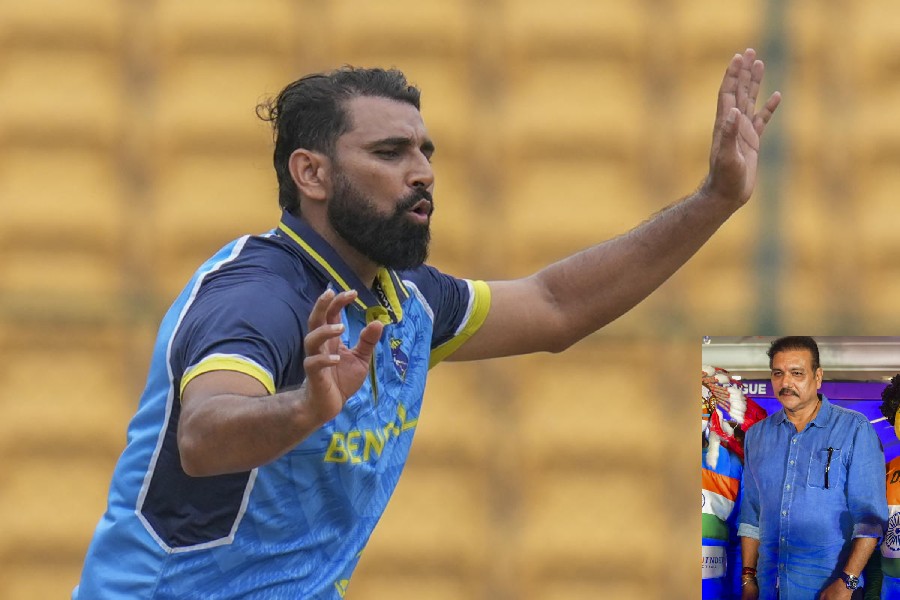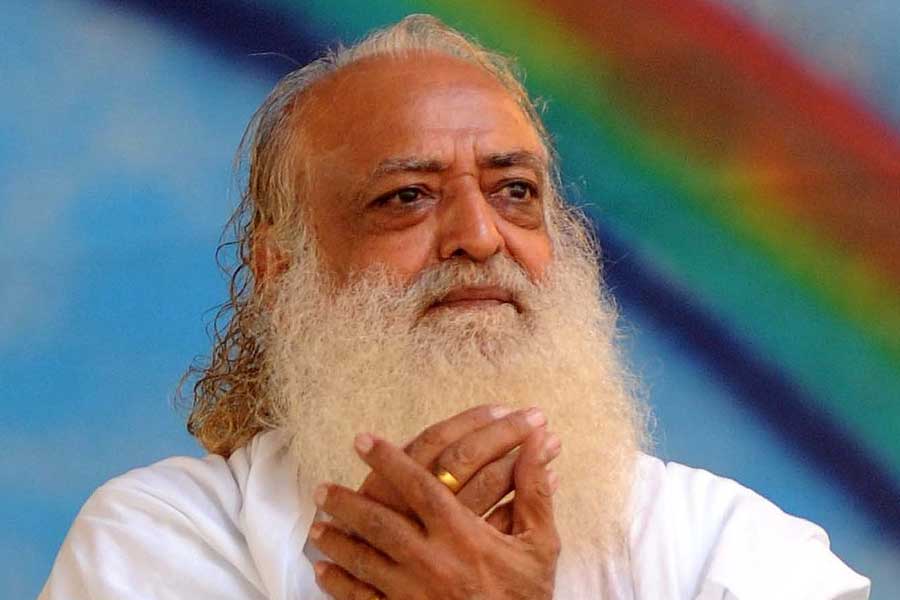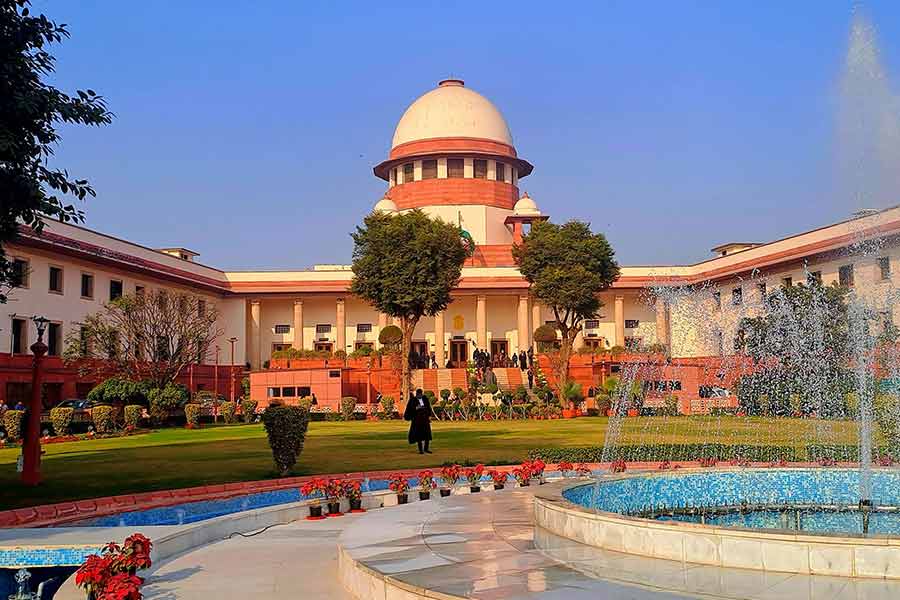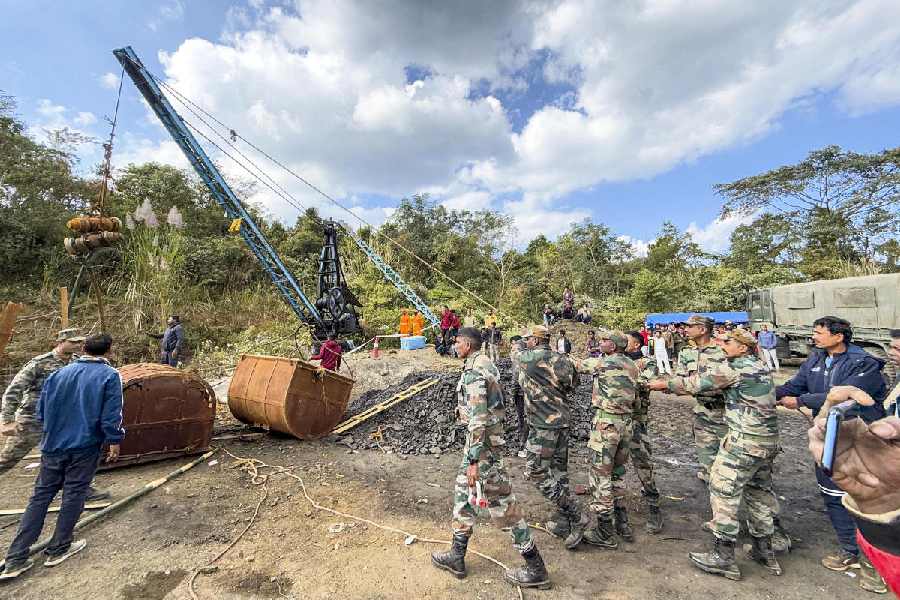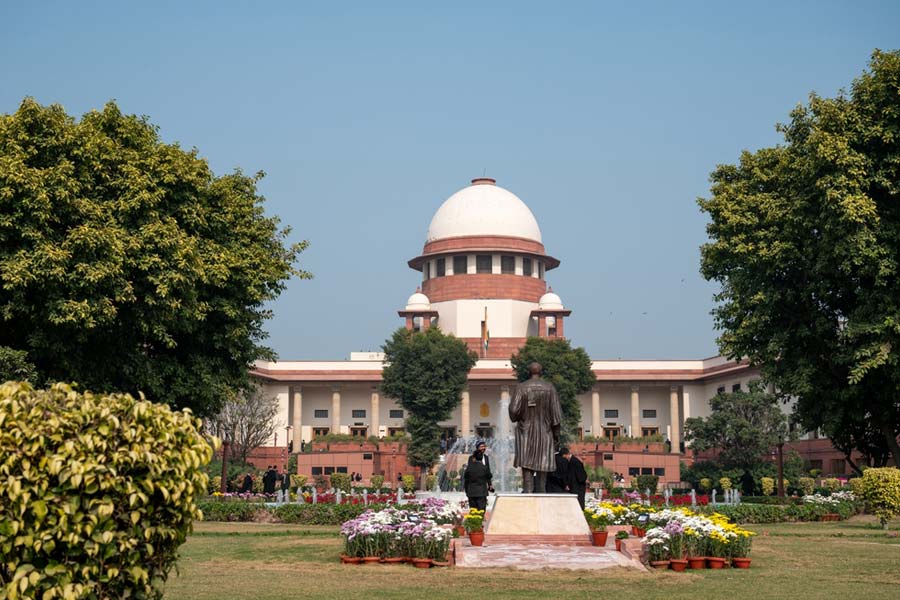A level crossing across the railway tracks in Tallah will be built to facilitate movement of vehicles on either side of Tallah bridge once the process to demolish the 57-year-old structure begins, a team of officers and engineers from the CMDA, transport, Calcutta police, PWD and railway concluded on Saturday.
This was the first inspection of the Tallah bridge by the team after a meeting on Friday, convened by chief minister Mamata Banerjee, decided that the structure would be pulled down.
At Saturday’s inspection, sources said, it was decided that traffic load on two key roads — Pran Krishna Mukherjee Road and Seth Pukur Road adjoining Lockgate flyover and leading to Tallah bridge — would be studied before a plan is readied to finalise the route for vehicles once the level crossing is built.
Sources said the state government would consult the railway to ensure there were no operational glitches and that necessary clearances made available from the railway board before the level crossing was built across the tracks.
“The idea is to find alternative ways that can be utilised to carry vehicles once the demolition begins,” said Santosh Pandey, deputy commissioner of police (traffic), one of the members of the team.
“We have decided that Chitpur Lockgate flyover would be used only for north-bound movement of vehicles towards BT Road and Raja Manindra Road for Shyamabazar-bound ones.”
Senior police officers said the area around Chitpur and Cossipore was a corridor where trucks keep moving in and out of a railway ward located nearby. Among one of the points of discussion on Saturday was if other vehicles have to be accommodated then there would have to be defined roads that would be open to heavy vehicles, buses and mini-buses, small vehicles and cars.
It has been decided that after Saturday’s inspection, transport department would convene a meeting with the railways and the police to work out the modalities for constructing a level crossing. Engineers, meanwhile, would work together to identify the exact quantum of railway land that would be required for building the new bridge, parallel to the existing one in Tallah.
Armed with measuring tapes engineers from the railway and PWD noted down the width of the span of the bridge over the railway tracks and followed it up by trying to earmark a similar stretch of land around the spot, in the underbelly of the existing structure.
“State government and railway would join hands and cooperate on every point so that there are no ambiguities and procedural delays,” said a team member. “Rebuilding the bridge would be a collective effort.”
Built in 1962, the Tallah bridge has strands of steel ducts supporting its underbelly, much like the now fallen Majerhat bridge. Engineers have said many of the strands had snapped, which means they could not bear the usual load.
Early last month, a group of engineers had said after scanning the bridge that the technology used to build the structure had become dated and retrofitting or repair was impossible. The state government had also sought the opinion of V.K. Raina, who has authored several books on bridges. Raina in his report to chief secretary Rajiva Sinha, too, recommended that the bridge be pulled down.
Earlier in October, the state government barred heavy vehicles from taking the bridge. Buses, trucks and other heavy vehicles were asked to take a diverted route. Smaller vehicles such as cars were allowed but with a speed-limit cap of 10kmph.


